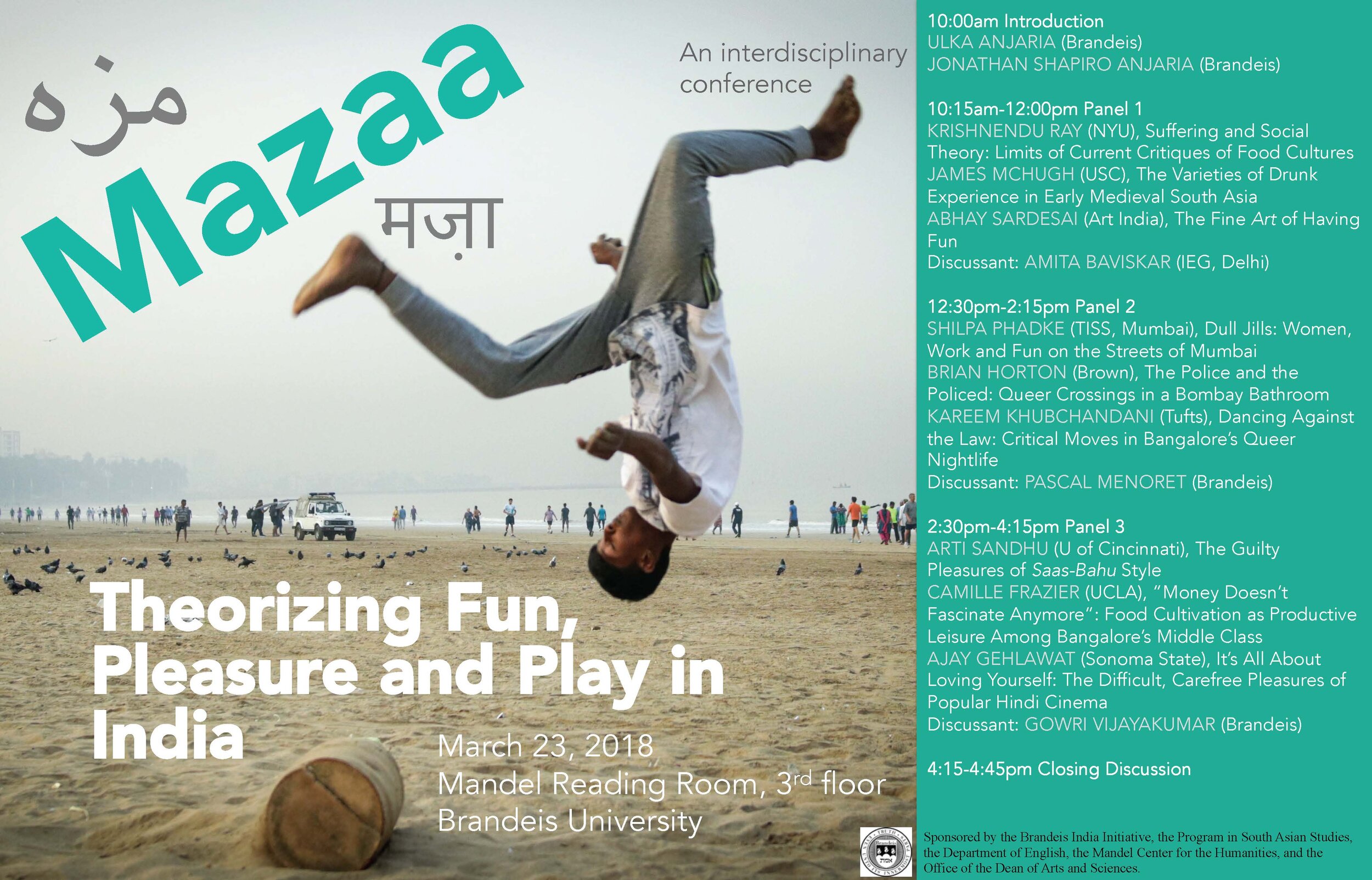Cycling in India
This project studies the meaning and role of bicycling in contemporary Mumbai. My research answers the questions, what motivates people to cycle? What understandings of mobility are implicit in people’s cycling practices? And what are the features of streets and city life that enable cycling to thrive?
To answer these questions, I have done over 100 interviews and semi-structured conversations with people connected to Mumbai’s vast and eclectic bicycle cultures: ranging from people who deliver food, perfumes, bread and dentures by bicycle, to bicycle advocates, recreational cyclists, group ride organizers and bicycle technicians. A central part of my fieldwork method is to bike with people as they do their ordinary routine, so many of these conversations occurred while we moved through the city.
Despite what many people believe, Mumbai has many features that make it bicycle-friendly. These features have almost nothing to do with what was deliberately planned.
I’ve published articles on bicycling that cover topics such as fun-oriented social rides, the gendered experiences of cycling, a conflict between religious identity and helmet rules and infrastructure.
Street vending and public space
Between 2004-2014 I researched how unlicensed street vendors maintain rights over and transform public space in Mumbai through a mix of in situ fieldwork, semi-structured interviews and archival study. The results of this research were published in my book, The Slow Boil: Street Food, Rights and Public Space in Mumbai. In this book, I document a paradox: on the other hand, there has been a hundred year battle between the authorities and unlicensed street vendors, and on the other hand, those same vendors are vital to the city’s functioning, as well as the mundane feel and experience of the streets. I show how paying close attention to how people use the side of the ride, as well as assert rights to it, provides a more fuller understanding of cities than analysis that only focus on official policy.
Can researchers study fun, pleasure and play?
Fun, pleasure and play is always present in our research. But academics almost always avoid writing about it. This collaborative project with Ulka Anjaria pushes scholars to dwell in mazaa, the Hindi-Urdu word for fun. While some academics might think dwelling in mazaa means ignoring power inequalities, we are that this method illuminates how pleasure can generate new communities and political possibilities. Most importantly, inspired by the work of Rita Felski, we hope dwelling in mazaa enables a new relationship between academics and the world around us that is premised on generosity rather than suspicion.
This collaborative project started with a conference I organized with Ulka Anjaria at Brandeis in March, 2017 called Mazaa: Rethinking, Fun, pleasure and leisure in South Asia. We edited a collection of essay published in 2020 which brought together writings on topics including food, sexuality, gender and public space, fashion and sports.
Changing graduate school pedagogy
Social science and humanities graduate programs train students to be skilled researchers and analytic thinkers— qualities that are valued in many professional contexts. And yet around the U.S., PhD programs inadvertently send two incorrect messages to students: that the only legitimate career goal is a faculty job and that research and critical thinking only take place in academia. I am trying to change this as Faculty Director of Professional Development at the Brandeis University Graduate School of Arts & Sciences.
For instance, since 2020-2021 I have been organizing over a dozen seminars a year that highlight the variety of professional contexts where people with humanities and humanistically-oriented social science graduate degrees work, as well as making skills training and career awareness a central part of my graduate courses. The first year of the seminar series was supported by the Mellon Foundation/American Council of Learned Societies Scholars & Society fellowship. Subsequent years have been supported by the the Graduate School of Arts and Sciences, Brandeis University.









